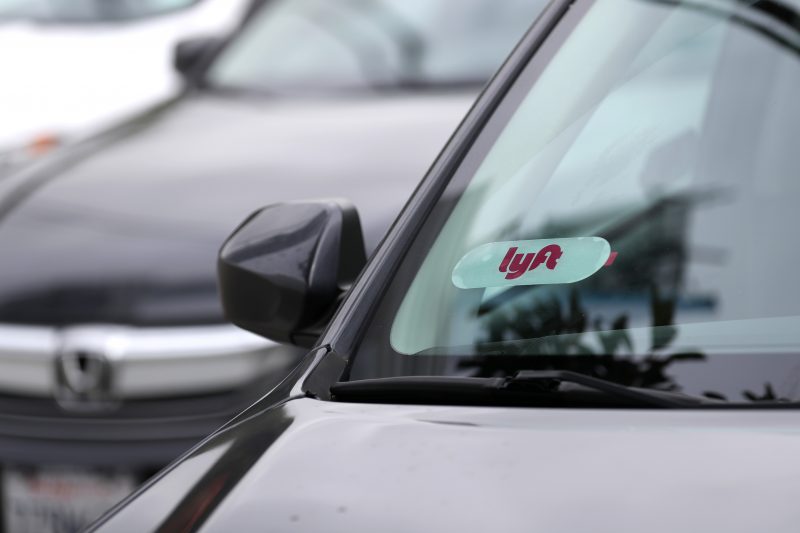Lyft IPO sets rollout for ride-hailing, sharing economy
Lyft is raising some $2.5 billion to help fuel expansion of the ride-hailing business and revving up the so-called “sharing economy” (JUSTIN SULLIVAN)
Washington (AFP) – Lyft is raising some $2.5 billion in its Wall Street offering, which is seen as turning point for the ride-hailing business and the so-called “sharing economy.”
The San Francisco-based firm was expected to begin trading as soon as Friday at $72 a share, according to sources cited by the Wall Street Journal and CNBC.
Lyft will have a valuation of at least $20 billion with the initial public offering (IPO), one of the first from a wave of venture-backed “unicorns,” or startups worth $1 billion or more.
It will trade on the Nasdaq exchange under the symbol LYFT.
Lyft’s entry to the public markets comes ahead of a hotly anticipated offering from larger rideshare rival Uber, which is valued at some $70 billion, and other tech startups including the business collaboration firm Slack and visual discovery engine Pinterest.
Both Lyft and Uber are promoting their moves as lifestyle-changing, which could wean dependence on private cars and help reshape urban landscapes.
“Ridesharing has transformed our lives, making it easier and cheaper to get where we need to go, and it’s pioneering an undeniable trend toward transportation as a service,” said a research note this week from Gene Munster and Will Thompson of the investment firm Loup Ventures.
These firms, which are stepping up moves to autonomous rides, have been expanding aggressively — with Lyft gaining market share in the United States and Uber in dozens of international markets.
They have also sought to become broader transportation platforms that connect consumers to e-scooters, electric bikes and local transit systems.
Uber and Lyft are among the most prominent firms in the sharing economy, which also includes home-sharing platform Airbnb, and highlight a trend away from ownership to services.
– Risky business –
Lyft says it aims to play a growing role in the $1 trillion US transport sector. But analysts point out that competition is growing and that any investment may be risky.
Lyft lost $911 million on $2.2 billion in 2018 revenues. The documents show revenues grew sharply from $343 million in 2016, but losses widened as well.
Analyst Richard Windsor, who writes the tech blog Radio Free Mobile, argues that Lyft may not be ready for the scrutiny it will face as a publicly traded firm.
“Lyft is shooting itself in the foot by going public, as I continue to think that the company is not ready for the harsh glare of the public market and it is giving away a big edge that it could have had over Uber,” Windsor writes.
“A big hit (to) the share price can cause a loss of confidence in the product triggering a vicious death spiral. This ties the hands of the management in terms of the actions it can take and will make it harder to be nimble, flexible and to compete against Uber.”
Daniel Ives of Wedbush Securities said Lyft may benefit from the missteps of Uber, but that it may face a rocky road with the emergence of Waymo, the former Google car unit which is launching its autonomous taxi service.
“Lyft is an attractive name to own to play this transformative ridesharing market opportunity,” Ives said in a note to clients, while adding that “we find it hard to be bullish on the name given the risk/reward we see for shares.”
Disclaimer: This story is published from a syndicated feed. Siliconeer does not assume any liability for the above story. Validity of the above story is for 7 Days from original date of publishing. Content copyright AFP.


